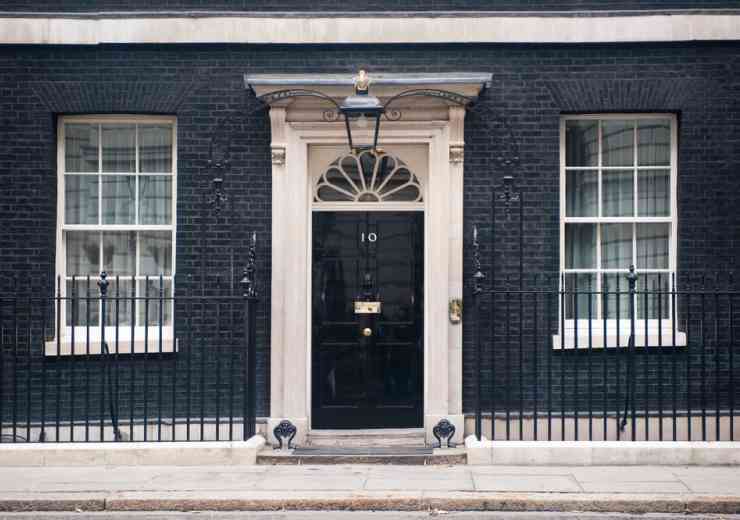Abu Qatada denied bail due to pressure of Olympics on security forces
Abu Qatada, the Islamist cleric facing deportation to Jordan as a national security threat to the UK, has been denied bail after a judge said the security and intelligence services would not have resources to deal with a potential escape attempt by him during the Olympics.
Mr Justice Mitting, sitting at the special immigration appeals commission (Siac) in London , warned of "threats from al-Qaida franchises" to spring Qatada, whom a Spanish judge once described as Osama bin Laden's right-hand man in Europe.
Qatada, being held at Belmarsh high-security prison, was not at the tribunal to hear the judge's decision that keeping him in custody was was therefore "necessary and proportionate". Mitting said "sinister" elements "have expressed themselves vehemently in such a manner to give rise to the concern ... that they might lend him effective support to abscond". He said the threats could not be blamed on Qatada but the tribunal "cannot ignore them".
Fixing the date for Qatada's appeal against deportation as 8 October, Mitting said the prospect of the case being resolved after a "lamentable" period of time, and the home secretary's evident determination to deport him, meant the 51-year-old was more at risk of absconding than previously.
He agreed with the contention by Robin Tam, counsel for the home secretary, that if Qatada did flee while on bail "either resources would have to be diverted [from the Olympics] to find him or finding him would have to be accorded a lower priority than should be the case".
Acting for Qatada, Edward Fitzgerald had argued that the cleric, who has spent nearly seven years in prison, was entitled to be released on bail as there was no imminent prospect of his deportation and the risk of him absconding had not increased. Fitzgerald said it was "inevitable" that the case would drag on beyond mid to late November, when Mitting indicated he would likely rule in the appeal against deportation, as both sides would appeal if they lost. He raised the prospect of Qatada going back to the European courts if the judgement went against him.
Mitting expressed his frustration with the pace of the case, acknowledging that the cleric had been in prison for a "extraordinary" length of time Abu Qatada was briefly freed on bail in February, but was re-arrested and returned to prison in April when the home secretary, Theresa May, began a new attempt to send him back to Jordan. Hours before, Abu Qatada's had lawyers lodged an appeal to the European court of human rights, which then blocked his removal.
May's move prompted a furious political rowover whether she had misjudged the date when the deadline for appeals against his removal would expire.
However, the European court of human rights rejected that appeal earlier this month
digital issue


























